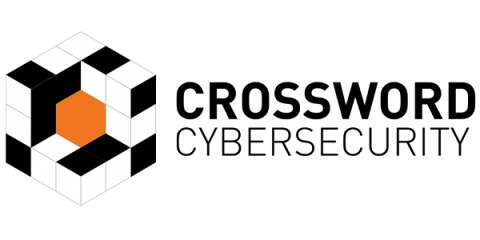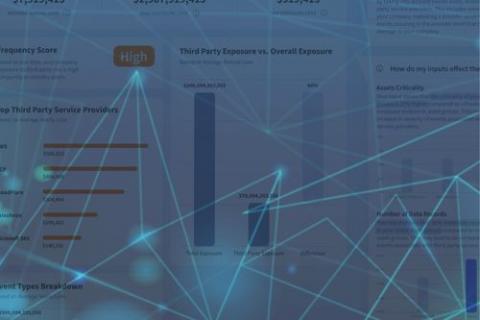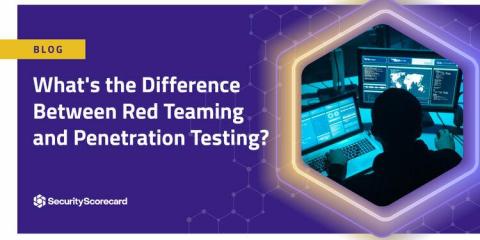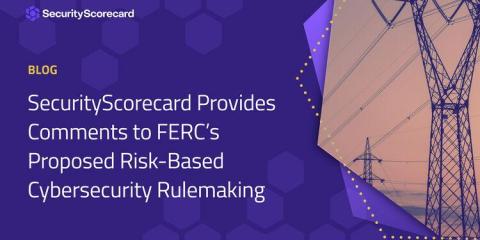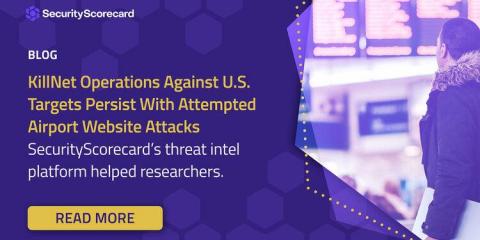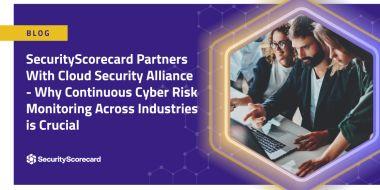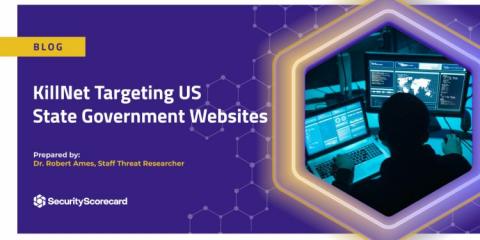Security | Threat Detection | Cyberattacks | DevSecOps | Compliance
Latest News
New Features: Third Party Cyber Risk Quantification & Data Transparency
Third party cyber risk can be a lot like the wild wild west - it’s hard to predict where your next loss will come from. We know that third-party cyber events can lead to millions of dollars of loss revenue, remediation costs, regulatory fines & more. That’s why Kovrr has made significant updates to their platform to help put a financial quantification on risk derived from your organization’s third parties.
What's the Difference Between Red Teaming and Penetration Testing?
When discussing cybersecurity, “penetration testing” and “red teaming” are two terms that are often used interchangeably but are two entirely separate concepts. If you are considering implementing additional cybersecurity protocols within your organization, it’s essential to understand the unique role and function of each of these processes and how they can benefit your organization.
SecurityScorecard Provides Comments to FERC's Proposed Risk-Based Cybersecurity Rulemaking
SecurityScorecard, the global leader in cybersecurity ratings, commented on the Federal Energy Regulatory Commission’s (FERC or “Commission”) proposal to establish rules for incentive-based rate treatments for certain voluntary cybersecurity investments by utilities. Cybersecurity is among the greatest threats to the resilience and reliability of America’s critical infrastructure, including its electricity infrastructure.
Why is a cybersecurity risk assessment necessary?
The cybersecurity landscape is constantly evolving. Criminals are always searching for new ways to compromise enterprise systems, looking for weaknesses in their security.
KillNet Operations Against U.S. Targets Persist With Attempted Airport Website Attacks
In October, BleepingComputer reported that the websites of several airports were experiencing service disruptions after the KillNet threat actor group announced that they would target airports throughout the U.S.
Build an Agile Security Program and Power Actionable Insights with Confident Data
In today’s rapidly evolving cyber risk landscape, a resilient and trusted digital ecosystem is possible with an agile security program. Cyber resiliency is the ability to respond to and recover from a cybersecurity incident effectively. A record high 71% of organizations were victimized by a ransomware attack in 2022. Even more concerning is that Gartner estimates that 80% of organizations have no knowledge or awareness of their attack surface.
How to Speak Fluent Board
You and your board have the same goal: to drive your organization in the right direction. That makes everything easy, right? Well, not always. Whereas the problem used to be an overall lack of security awareness, boards now are very much aware of the business risk less-than-robust cybersecurity poses. Today, it’s all about communicating effectively and fluently, especially when introducing cybersecurity solutions.
SecurityScorecard Partners With Cloud Security Alliance - Why Continuous Cyber Risk Monitoring Across Industries is Crucial
Effectively evaluating risk goes a long way toward improving an organization’s cybersecurity posture. The Cloud Security Alliance (CSA) is the world’s leading organization dedicated to defining and raising awareness of best practices to help ensure a secure cloud computing environment. CSA’s partnership with SecurityScorecard will enhance their members’ ability to evaluate their own risk and that of their entire business ecosystem.
KillNet Targeting U.S. State Government Websites
On October 5, a cyber incident disrupted the availability of three state government websites. The Russian-speaking KillNet group claimed responsibility. As discussed in previous SecurityScorecard research, KillNet began as a financially-motivated operation offering a botnet for hire. It has since remodeled to a hacktivist collective, conducting a series of relatively low-sophistication DDoS attacks against targets linked to entities perceived to oppose the Russian invasion of Ukraine.


